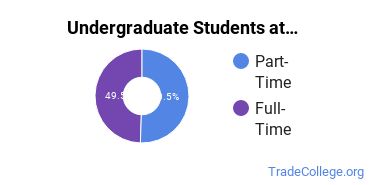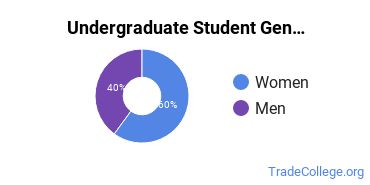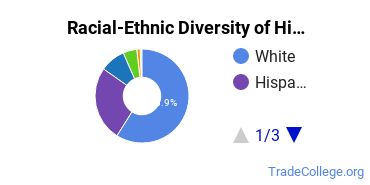Find Trade Colleges
Hill College Trade Programs
Located in Hillsboro, Texas, Hill College is a public institution. Hillsboro is a good match for students who enjoy small-town life.
Featured schools near , edit
Where Is Hill College?

Contact details for Hill College are given below.
| Contact Details | |
|---|---|
| Address: | 112 Lamar Dr, Hillsboro, TX 76645 |
| Phone: | 254-659-7500 |
| Website: | www.hillcollege.edu |
Can I Afford Hill College?
| In State | Out of State | |
|---|---|---|
| Tuition | $2,328 | $3,328 |
| Fees | $1,134 | $1,134 |
| Books and Supplies | $2,000 | $2,000 |
| On Campus Room and Board | $4,200 | $4,200 |
| On Campus Other Expenses | $3,675 | $3,675 |
Student Loan Debt
While almost two-thirds of students nationwide take out loans to pay for college, the percentage may be quite different for the school you plan on attending. At Hill College, approximately 37% of students took out student loans averaging $5,433 a year. That adds up to $21,732 over four years for those students.
Hill College Undergraduate Student Diversity

Gender Diversity
Of the 1,177 full-time undergraduates at Hill College, 43% are male and 57% are female.

Racial-Ethnic Diversity
The racial-ethnic breakdown of Hill College students is as follows.

| Race/Ethnicity | Number of Grads |
|---|---|
| Asian | 10 |
| Black or African American | 69 |
| Hispanic or Latino | 342 |
| White | 677 |
| International Students | 8 |
| Other Races/Ethnicities | 71 |
Over 22 countries are represented at Hill College. The most popular countries sending students to the school are Canada, United Kingdom, and Australia.
Hill College Trade School Concentrations
The table below shows the number of awards for each concentration.
| Major | Basic Certificate | Associate’s | Undergraduate Certificate | TOTAL |
|---|---|---|---|---|
| Welding Technology/Welder | 65 | 6 | 7 | 78 |
| Automobile/Automotive Mechanics Technology/Technician | 25 | 10 | 10 | 45 |
| General Cosmetology/Cosmetologist | 35 | 2 | 0 | 37 |
| Licensed Practical/Vocational Nurse Training | 0 | 0 | 20 | 20 |
| Diagnostic Medical Sonography/Sonographer and Ultrasound Technician | 0 | 12 | 0 | 12 |
| Heating, Air Conditioning, Ventilation & Refrigeration Maintenance Technology/Technician | 7 | 2 | 1 | 10 |
| Emergency Medical Technology/Technician (EMT Paramedic) | 0 | 3 | 6 | 9 |
| Machine Tool Technology/Machinist | 2 | 0 | 0 | 2 |
| Industrial Mechanics & Maintenance Technology | 0 | 0 | 1 | 1 |
| Cosmetology, Barber/Styling, & Nail Instructor | 0 | 0 | 0 | 0 |
| TOTAL | 134 | 35 | 45 | 214 |
References
*The racial-ethnic minorities count is calculated by taking the total number of students and subtracting white students, international students, and students whose race/ethnicity was unknown. This number is then divided by the total number of students at the school to obtain the racial-ethnic minorities percentage.
More about our data sources and methodologies.
